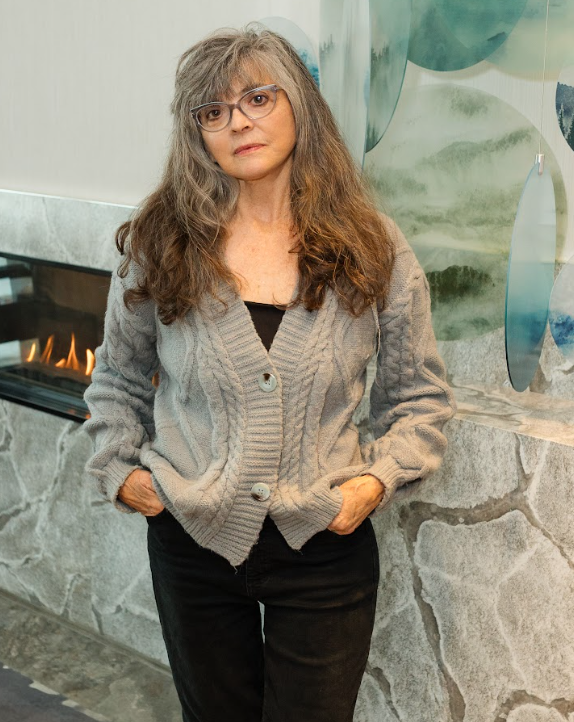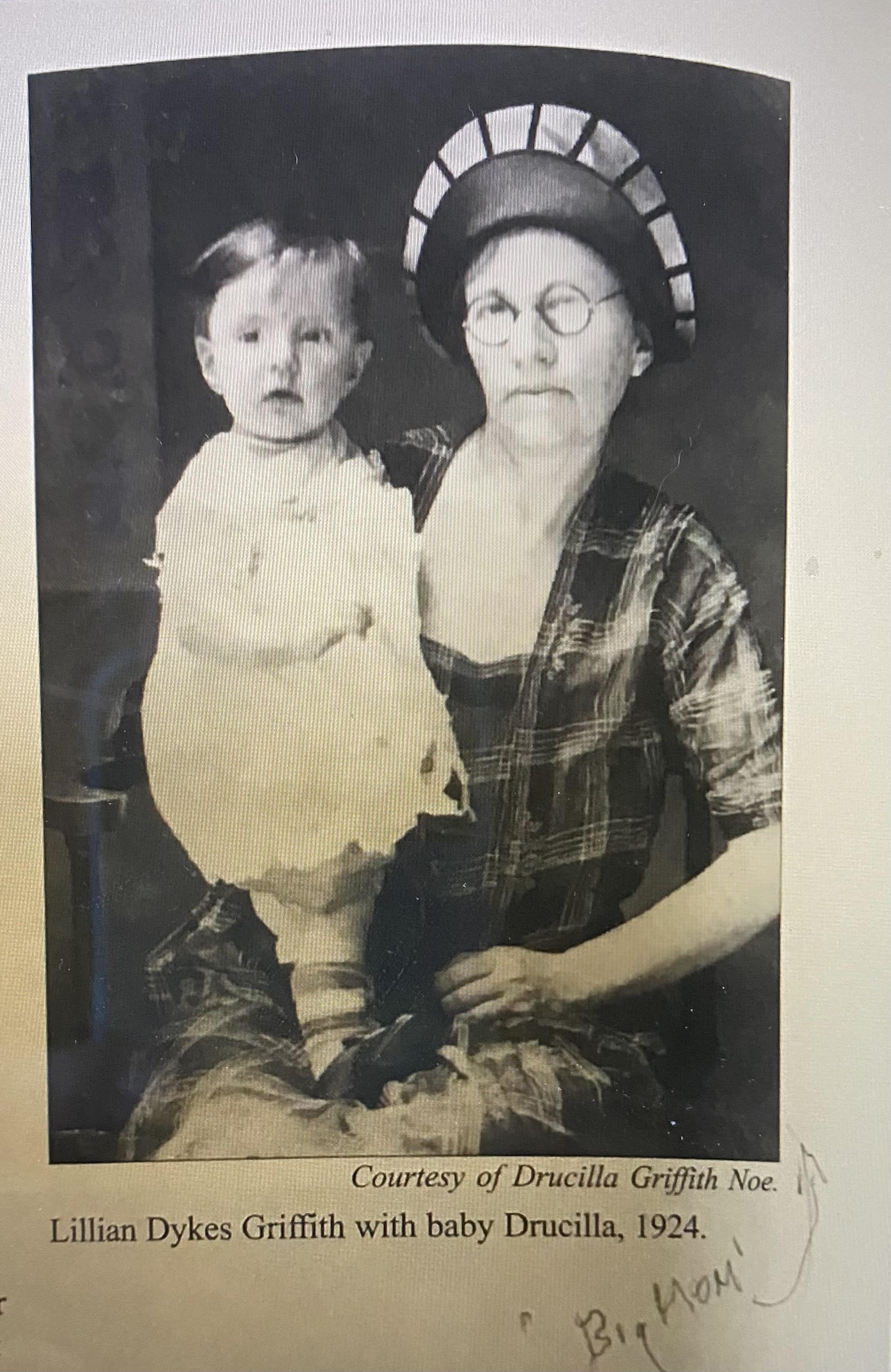
My experiential education includes the adult use of the following after I lost a job and my 35 year old son died suddenly and unexpectedly in June 2023. After I tried ‘talk therapy’ and antidepressants, I took the psychedelics and entheogens in underground ceremonies beginning in September 2023. Some of the journeys were challenging and some were absolutely beautiful. Either way, I feel that the dose of ‘medicine’ I received took me to a non-ordinary state of consciousness that provided insights that have helped me. I’ve benefitted immensely from each of my psychedelic journeys and I believe that I have the education and experience to facilitate a meaningful journey for you.
Low-dose psilocybin (0.5 - 1 gram)
San Pedro cactus (Huachuma) - which is a ‘cousin’ to peyote (mescaline)
Ayahuasca
Natural Bufo (Incilius alvarius)
Pure molecule 5-Meo DMT
Heroic dose psilocybin (8 grams - a proprietary mixture from Do Good Ranch)
Medium dose psilocybin (2.5 grams Shakti)
MDMA (125mg + 62.5mg)
LSD (medium dose)
Medium dose psilocybin (3 grams Tidal Wave)
Ketamine: Intra-venous dose and Intra-muscular dose on separate occasions
Trauma - informed and palliative care from a compassionate and experienced Registered Nurse who is also a Certified Grief-Informed Professional: Carolyn Griffith Holland, BSN, MSN, RN, CRNA - Emeritus and Natural Medicine Facilitator & Handler in Colorado
After several decades in the medical field as a Certified Registered Nurse Anesthetist (CRNA) and seeing benefits from psychedelic-assisted-therapy for my own complicated grief, I decided to go back to school and obtained my Certificate as a Psychedelic Facilitator for Therapies and Research from the California Institute for Integral Studies (CIIS). This program provided educators from the Multidisciplinary Association of Psychedelic Studies (MAPS) in the therapeutic practices with MDMA that focus on “beginner’s mind” and "inner healing intelligence" during psychedelic-assisted therapy (PAT). I was extremely fortunate to be accepted into the InnerTrek Accelerated Program in Oregon to do my supervised clinical practicum. With my acceptance into the Trip Hōm Psychedelic Apprenticeship program, I’ve developed relationships with gifted facilitators and we all learn from each other. My psychedelic community has and is helping me experience psychedelic-assisted therapy with a variety of ‘classic psychedelics’ and entheogens.
At some point in my life, I have probably been close to where you are now with respect to anxiety, depression, post traumatic stress or complicated grief. No matter what type of trauma or loss we endure, we are impacted, and we mourn the loss of our loved one, a loving relationship or a job that we valued. We also yearn for who we were and how we felt before the loss. I know how it feels to lose a job and to try to cope with the death of a loved one. I don’t know (yet) how it feels to try to cope with a terminal illness and prepare for my own death. Stephen Jenkinson said, “Seeing the end of your life is the birth of your ability to love being alive.” I’ve reached the age that I think he’s right. I encourage you to love your life while you still have it.
Once I was ready, ceremonies with a variety of psychedelics or entheogens helped me emerge from the darkest period in my life. I continue to integrate the experiences and have adopted more positive ways to cope with my losses - although I still have periods of extreme sadness. I have and will continue to experience ‘Metanoesis’ care for myself. I’m still discovering my healing journey and accept that I will be for the rest of my life. I now accept grief as my constant companion and one of my most influential teachers.
This philosophy comes from the word met·a·noi·a. The word metis was derived from the name of the Greek goddess Metis, which came to mean “wise counsel” or “practical wisdom.” Meta is a Greek prefix and preposition, which means “after” or “beyond.” No·ia means “thought.” The derivative noēsis means the highest kind of knowledge or knowledge of eternal forms or ideas. The term “noetic” comes from the Greek word noētikos which means inner wisdom, intuition, or implicit understanding.
William James, a philosopher and the father of American psychology, refers to this phenomenon when he said, “noetic experiences often feel like a state of understanding - intuitively accessed knowledge, known as truth. One arrives at this state without intellectual, left-brain analysis. The experience is also ‘ineffable’ in that the experience is hard to describe in words. These noetic experiences are present in the oldest of humanity’s written records in cultures worldwide.”
Metanoesis means “to have thoughts beyond the (conscious) mind; to have the highest kind of knowledge and implicit understanding; to possess inner wisdom and intuition; to expand the mind in such a way as to have a new perspective on the world or one’s self.” (Baring & Cashford, 1991; James, 1985; Hastings, 1991; Klimo, 1998).
You are not your label. You are not your patterns. You are not what happened to you.
You are who you choose to become.
— Adapted from Carl G. Jung
I may not be ‘walking in your shoes’ right now, but believe me, I have walked down some pretty rough roads. And I’m still here - becoming who I think I want to become. I believe in the power of these ‘medicines’ to help you begin to emerge from a dark period of time in your life so you can begin to work towards an enduring change. Psychedelics and entheogens helped me on my journey towards wholeness after my losses. Allow me to help you walk down your road towards what I hope may become a more peaceful, fulfilling and joyful life.
REFERENCES:
Baring A & Cashford J. The Myth of the Goddess: Evolution of an Image. London: Viking, 1991.
Hastings A: With the tongues of men and angels: A study of channeling. Harcourt School; 1991.
James W: The Varieties of Religious Experience. Penguin Classics;1985.
Klimo J: Channeling: Investigations on receiving information from paranormal sources. North Atlantic Books;1998.
Many facing anticipatory grief — for example, after a terminal diagnosis — have also found psychedelic-assisted therapy to be illuminating. In Colorado, I meet the legal requirements (per Section 6.18, Standards of Care) to provide psychedelic therapy in clients’ homes for those in palliative care, hospice, or those diagnosed ‘disabled or homebound.’ One short video from Anderson Cooper and 60 Minutes describing a psilocybin journey in a client who was facing cancer can be seen here: https://www.youtube.com/watch?v=lqnPVZUzDPc
If you are receiving palliative or hospice care, are homebound or disabled, you may receive psilocybin in your home from a qualified provider. I am a qualified provider as I have been a nurse for over 30 years; have Specialty Certifications in Palliative Care, and as a Grief Informed Professional; additional classes in End of Life Psychedelic Care and I will be contracted with a Colorado approved Healing Center.
Carolyn comes into the healing professions naturally, as her great-great grandmother, Lillian Dykes Griffith [1881-1979], AKA ‘Big Mom’ was the ‘medicine woman’ in Dante, Virginia in the 1900s. Lillian’s great grandmother was a ‘full blooded’ Cherokee ‘medicine woman' from the Eastern Band within the Qualla Boundary - near the Great Smokey Mountains. Lillian’s story is shared below. The grammar and spelling are faithfully reproduced from the book, Memories From Dante: The Life of a Coal Town and are shown in italics. Dante is in the far western triangular part of land of Virginia between Tennessee and Kentucky.
Mayme Griffith Salyer tells about her parents, Robert and Lillian Dykes Griffith.
“My dad and mother was very strict. They was very particular how we went and where we went. They allowed us to go to the neighbors, their friends that they approved of, and to church. We was allowed to go to revivals because we sang. Amy sang tenor, I sang alto, and Daddy sang bass, and we had a lead singer. That was the quartet. And Daddy taught Sunday School. Mother always stayed home. Dad went to church and sang. He was a church worker. Oh, he would have loved for her to have gone, but she stayed home and cooked meals for them (that) he was bringing home. And if anybody came from Tennessee, they landed at our house because we were Tennesseans.”
“She nursed people and she used herbs and stuff to get them well with her concoction that she would make. She learned from her dad. Back then doctors made their own medicine. He fought in the Civil War, and back then they used herbs. She and Aunt Bev, her baby sister, would go with him when he needed help, so she would help him make the medicine and she knew how.”
Published by People Incorporated of South Western Virginia 2001
Education, Experience, Awards, Certifications and Licenses
Colorado Registered Nurse - RN.0189070 Expires 9/30/26
Colorado Natural Medicine Facilitator - NMF.0000029 Expires 1/31/26
Certificate as Grief Informed Professional (CGP) : Redefining Grief Work with Up-to-Date Counseling, Support, and Treatment Tools 2025.
Certification in End of Life Psychedelic Care 2025.
Zendo SIT - Sitting and Integration Training 2025.
Certificate in Abnormal Psychology - Wesleyan University 2025
Certificate in Palliative Care - University of Colorado 2024-2025.
Certificate for Accelerated Program for Facilitators from InnerTrek in 2025. InnerTrek is approved by the Oregon Health Authority and Colorado’s Department of Regulatory Agencies (DORA).
Certificate as Psychedelic Practitioner in Therapies and Research from the California Institute of Integral Studies (CIIS) 2023 - 2024.
Certificate of Participation in MDMA-Assisted Therapy Education Program from Lykos Therapeutics (formerly the Multidisciplinary Association for Psychedelic Studies - MAPS) 2024.
Member of the AANA Practice Committee (2021-2022).
Certified Registered Nurse Anesthetist (CRNA) in Cambridge, MA (1986-1989); Cincinnati, OH (1989-2010); and in Frisco, CO (2010-2021).
Alumni Legacy Award University of Cincinnati 2015.
Clinical and Didactic Instructor (1990-1992) and Assistant Visiting Professor at the University of Cincinnati College of Nursing Anesthesia Major (1992-2010).
AANA Liaison to FDA (2006-2008); ASTM (2003-2017); ISO (2007-2010).
Master’s Degree in Nurse Anesthesia from the University of Cincinnati 1997.
Outstanding Educator from the University of Cincinnati 1993.
Certificated Registered Nurse Anesthetist (CRNA) education from Tuft’s New England Medical Center in Boston (1983-1985).
Bachelor’s Degree in Nursing from the University of Tennessee 1977.
Sigma Theta Tau Honor Society 1977; 1996.
Bearden High School, Knoxville, Tennessee 1968 - 1972.






